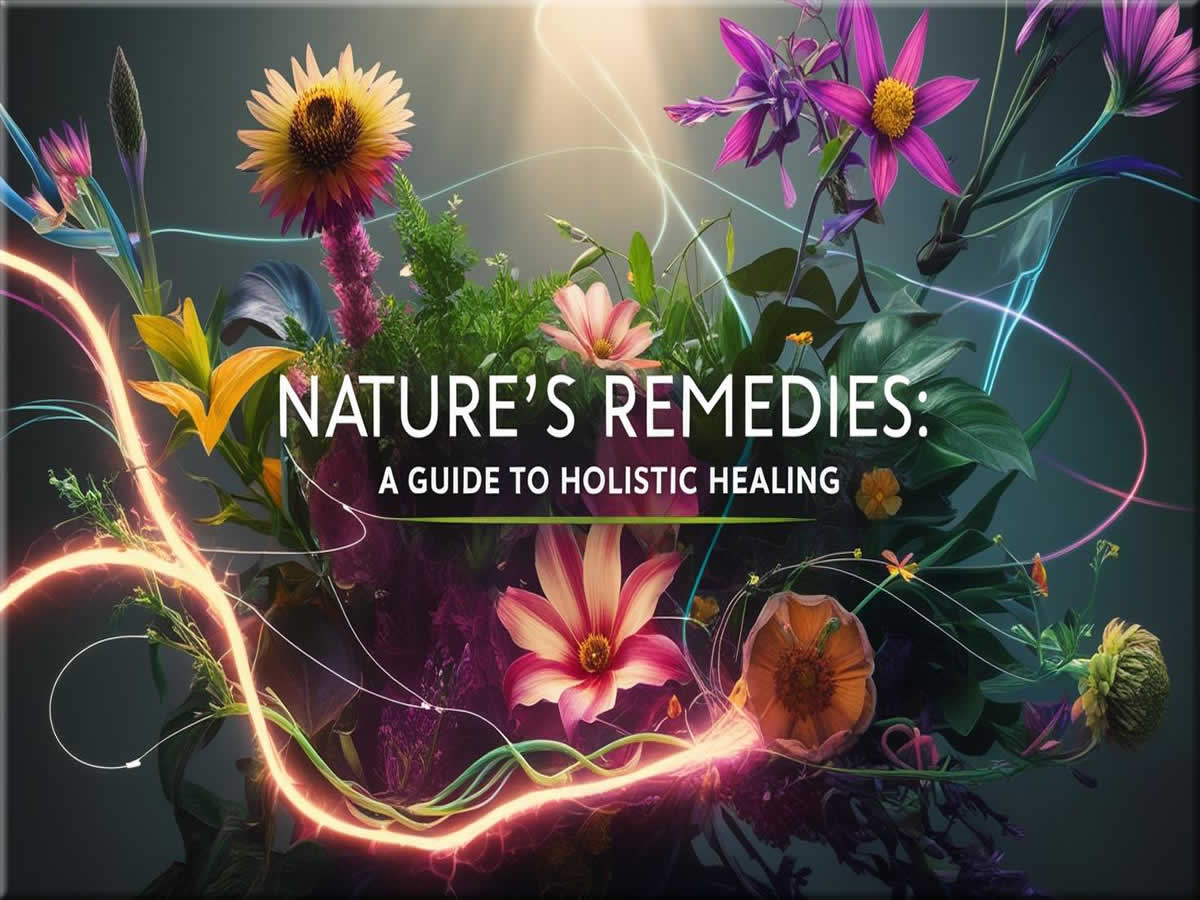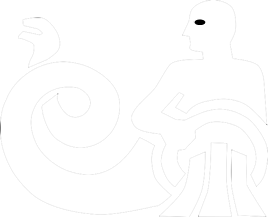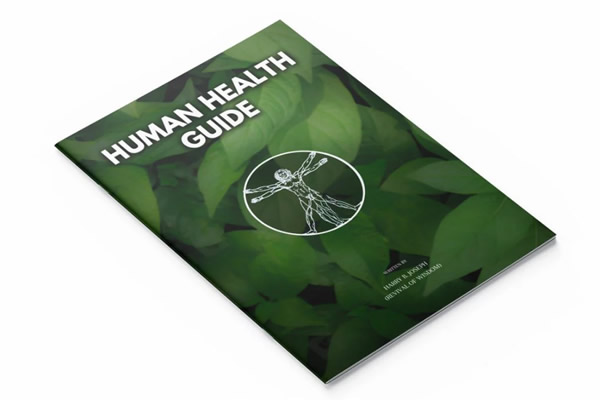
How Holistic Health Can Improve Your Well-Being
Holistic health is all about seeing the whole picture: mind, body, and spirit. Unlike traditional methods that often focus just on specific symptoms, holistic health aims to create balance in every part of your life. It’s a concept deeply rooted in ancient practices, emphasizing a comprehensive approach to wellness.
One key distinction between holistic health and conventional approaches is the emphasis on interconnectedness. Whereas traditional medicine might focus on treating a physical ailment, holistic health considers how that ailment may be affecting or be affected by your mental and emotional states.
Mind, body, and spirit. These are the pillars of holistic health. The idea is to nurture not just your physical health but also your mental state and spiritual well-being. It’s about treating the person as a whole, ensuring that a sense of balance and harmony touches all aspects of one’s life.
In today’s fast-paced society, holistic health is crucial. More people are realizing that a pill might not solve everything and that maintaining overall well-being can prevent many of life’s problems. As stress and anxiety levels rise, the need for a more comprehensive health solution becomes even more apparent. This makes the principles of holistic health not just a method of last resort but a preferred choice for many.
While diving into holistic health, it’s essential to understand its application in modern life. It’s not just about trying out the latest fad or trend but about finding a sustainable way to live healthily and happily. This involves understanding the underlying principles and adapting them to your life in a way that feels right to you.
Physical Well-being: Beyond Traditional Fitness
Holistic health takes physical well-being beyond the usual gym workouts and diets. It’s about embracing a lifestyle that considers every aspect of bodily health as interrelated. It’s not just the miles you run or the weights you lift but the awareness of how your choices impact your body as a whole.
Exercise in the holistic health realm isn’t only about burning calories or building muscle. Activities like yoga and tai chi are celebrated for their dual benefits. They enhance flexibility and strength while calming the mind, offering a two-for-one deal on fitness and relaxation.
This ebook offers remarkable tips, hacks, and insights for better health beyond the confines of mainstream medicine, including fasting methods, the benefits of alkaline herbs, and much more.
Nutrition is another cornerstone. It’s about more than cutting calories or following the latest diet craze. A balanced approach means selecting natural, unprocessed foods that fuel your body and support optimal health. This includes understanding how different foods affect not just your waistline but your energy levels and mood.
Then there are alternative therapies like chiropractic care, acupuncture, and massage. These practices can complement traditional medicine by focusing on aligning the body’s systems and relieving stress or pain without relying solely on pharmaceuticals. They function on the belief that natural relief can often encourage the body’s healing capabilities.
Incorporating these elements encourages more than just a workout routine. It’s an invitation to examine how every choice, big or small, impacts physical health. It invites a perspective shift – one where exercise and diet become harmonious parts of a sustainable lifestyle rather than standalone fixes.
Mental and Emotional Health: Cultivating Inner Peace
In the journey toward holistic health, mental and emotional well-being holds equal importance to physical health. These days, with stressors coming from all directions, keeping your mental state balanced can feel like a challenge worth mastering.
Connecting mental wellness with holistic health involves recognizing how thoughts and emotions influence physical well-being. Negative emotions can manifest as bodily symptoms, such as headaches or fatigue, while a positive mindset can lead to feeling more energized and resilient.
One effective strategy for mental wellness is mastering stress management. Techniques like deep breathing exercises, progressive muscle relaxation, or simply taking a few moments to pause and enjoy a quiet space can significantly decrease stress levels.

Mindfulness and meditation are powerful tools here. By dedicating even just a short daily practice, you can increase awareness, reduce anxiety, and maintain emotional equilibrium. This inner peace isn’t something you achieve overnight, but with consistent effort, it becomes a fulfilling part of daily life.
Creative outlets like journaling, drawing, or music provide a chance to express emotions that might otherwise linger unaddressed. They serve as a refuge, a place to let go and explore feelings without judgment.
Approaching mental and emotional health with the same commitment you give to physical health ensures a balanced life. By investing time and effort into nurturing your mind and emotions, you lay a solid foundation for achieving overall well-being.
Building Stronger Relationships: Social Well-being
Social well-being is a vital part of holistic health, emphasizing the importance of meaningful relationships in our lives. Humans are inherently social, and our interactions and connections with others significantly impact our overall health.
Quality relationships contribute to both physical and mental health, providing support during challenging times and celebrating joyous moments. Whether it’s family, friends, or colleagues, the bonds we form are essential for maintaining a sense of belonging and purpose.
Nurturing these connections requires effort and attention. Simple gestures like genuinely listening, offering help, or spending quality time together can strengthen ties. It’s about being present and engaged, showing others that you value them.
Unlock the power of manifestation with the Vibrational Energy Codes—your personal key to infusing intentions meticulously crafted to support you on your life's journey.
Community involvement is another powerful way to enhance social well-being. Participating in community events or volunteering can expand your social network and provide a sense of fulfillment. It fosters a spirit of cooperation and support that benefits everyone involved.
Practicing empathy and effective communication is crucial in building and sustaining strong relationships. Understanding others’ perspectives and expressing yourself clearly can prevent misunderstandings and bring people closer together.
Embracing holistic health means recognizing that your social life is not just an add-on but a fundamental part of a balanced lifestyle. By investing in relationships and engaging with your community, you create a support system that enriches your life at every level.
Personal Growth: Embracing a Holistic Lifestyle
Adopting a holistic lifestyle involves more than change; it’s about growth. It’s an ongoing journey that invites you to integrate the principles of holistic health into every aspect of your life. The focus is on embracing change with an open mind and a willingness to learn.
Personal wellness goals are an excellent starting point. Reflect on what you hope to achieve, whether it’s improving physical fitness, enhancing mental clarity, or fostering better relationships. Setting clear, achievable goals provides direction and motivation.

Self-awareness plays a pivotal role. Understanding your strengths, limitations, and areas for improvement allows you to tailor your lifestyle changes effectively. It’s about being honest with yourself and acknowledging both successes and setbacks within the growth process.
Continuous education and adaptation are key. The world of holistic health is vast, with new insights and practices emerging continually. Stay informed and be willing to experiment with different techniques to see what best supports your well-being.
Embracing a holistic lifestyle does not happen overnight. It’s a series of thoughtful, intentional steps that lead to comprehensive personal growth. By maintaining an openness to learning and adapting, you foster a life that not only values but also celebrates the harmonious balance of mind, body, and spirit.
Related Topics













